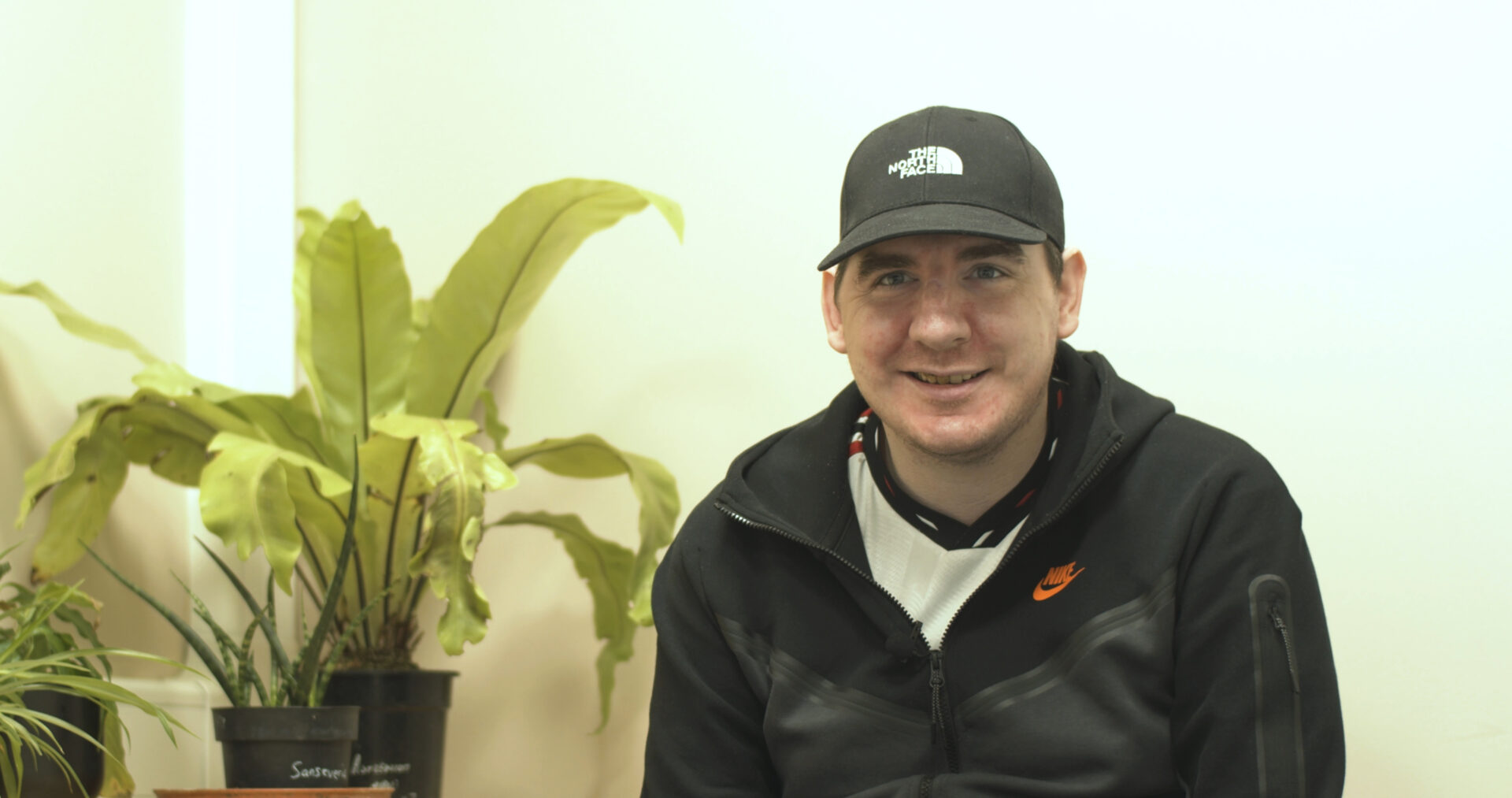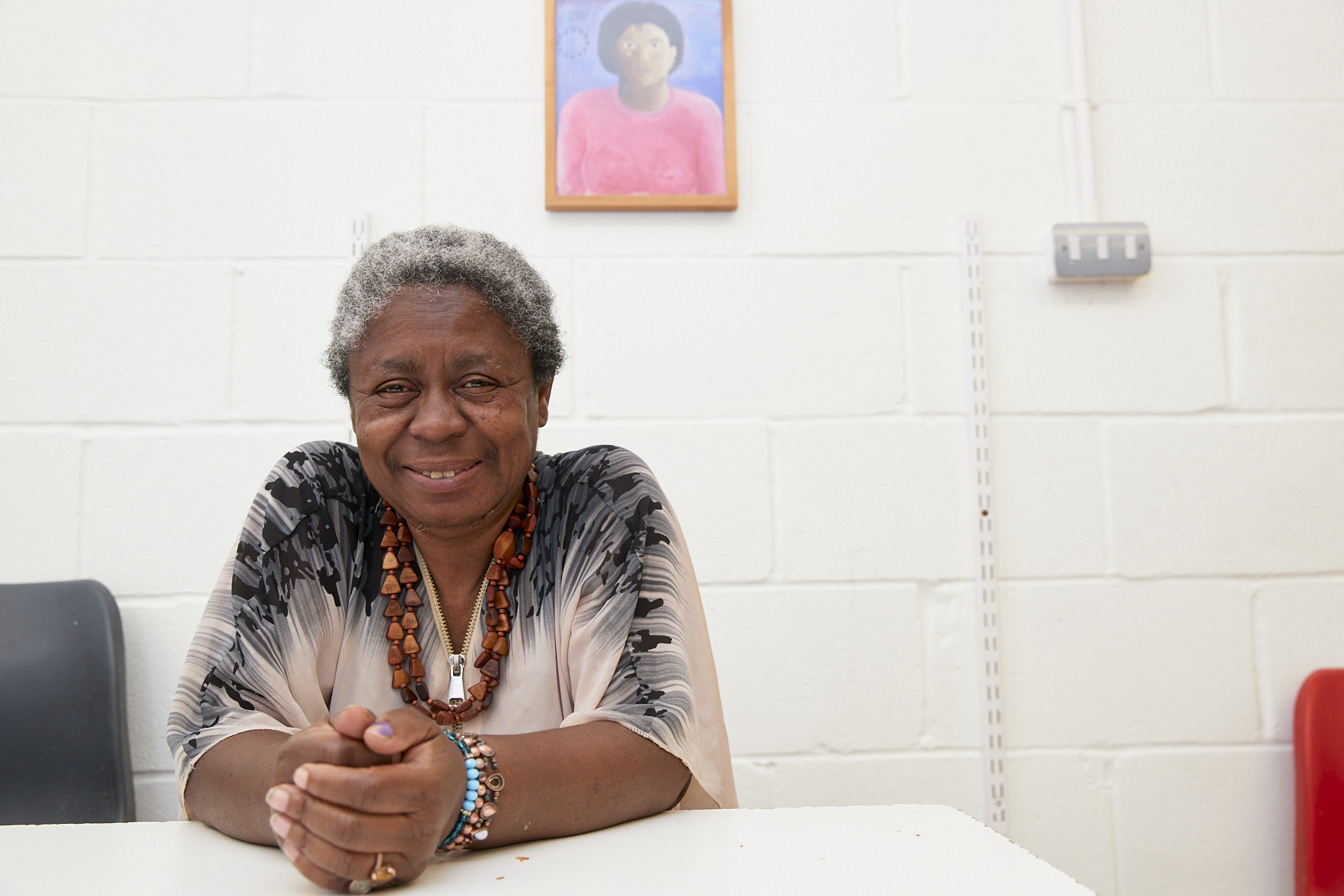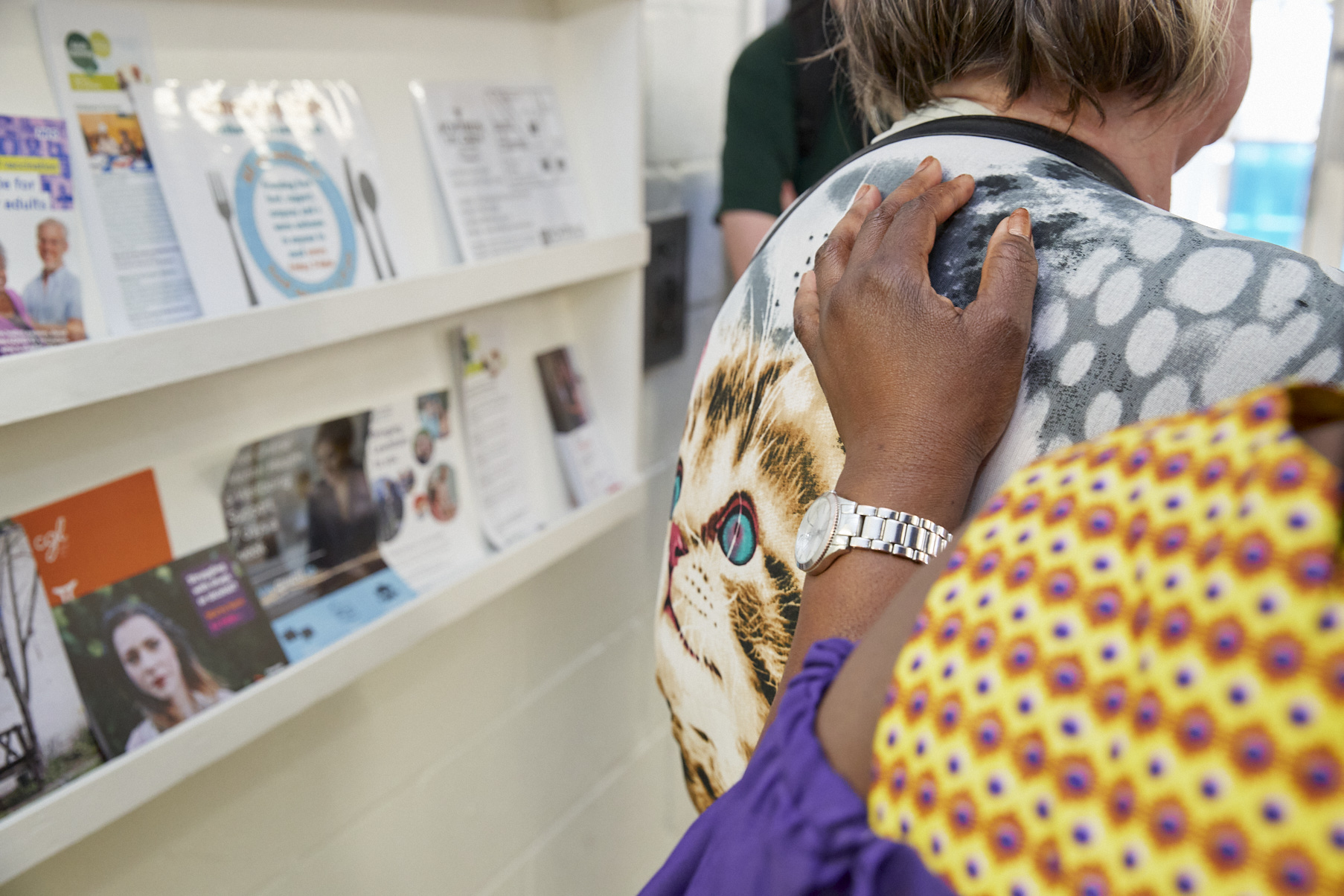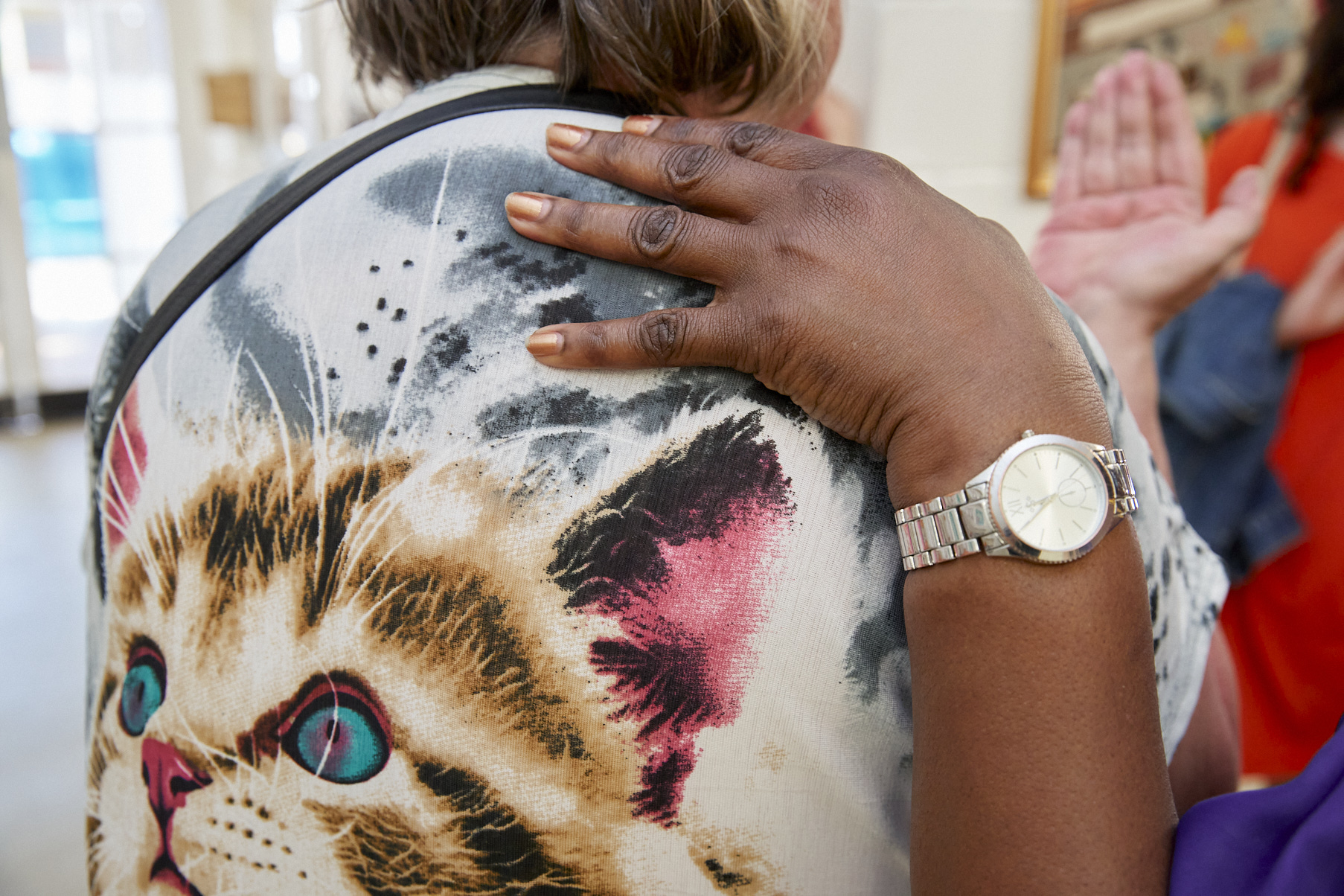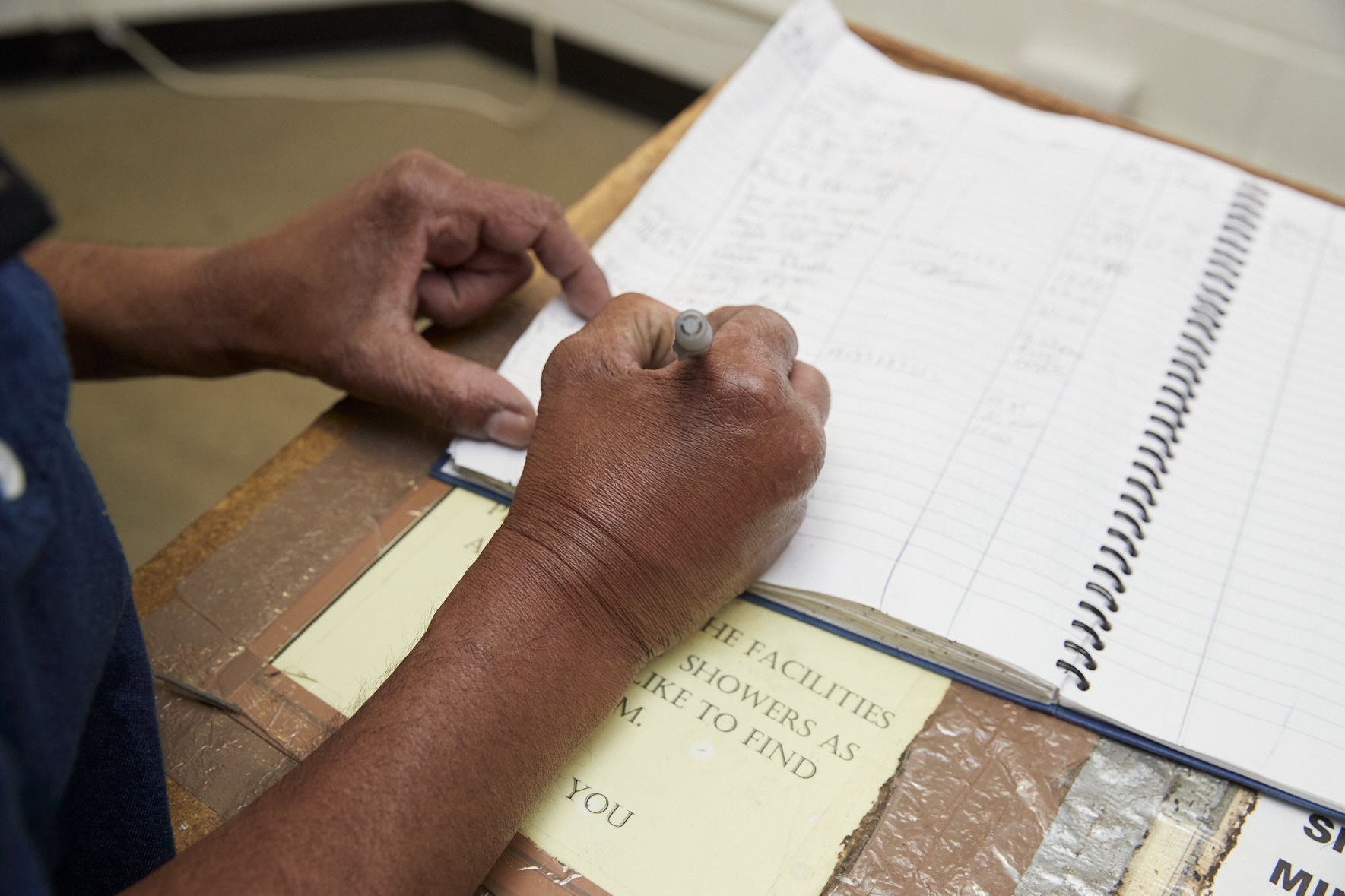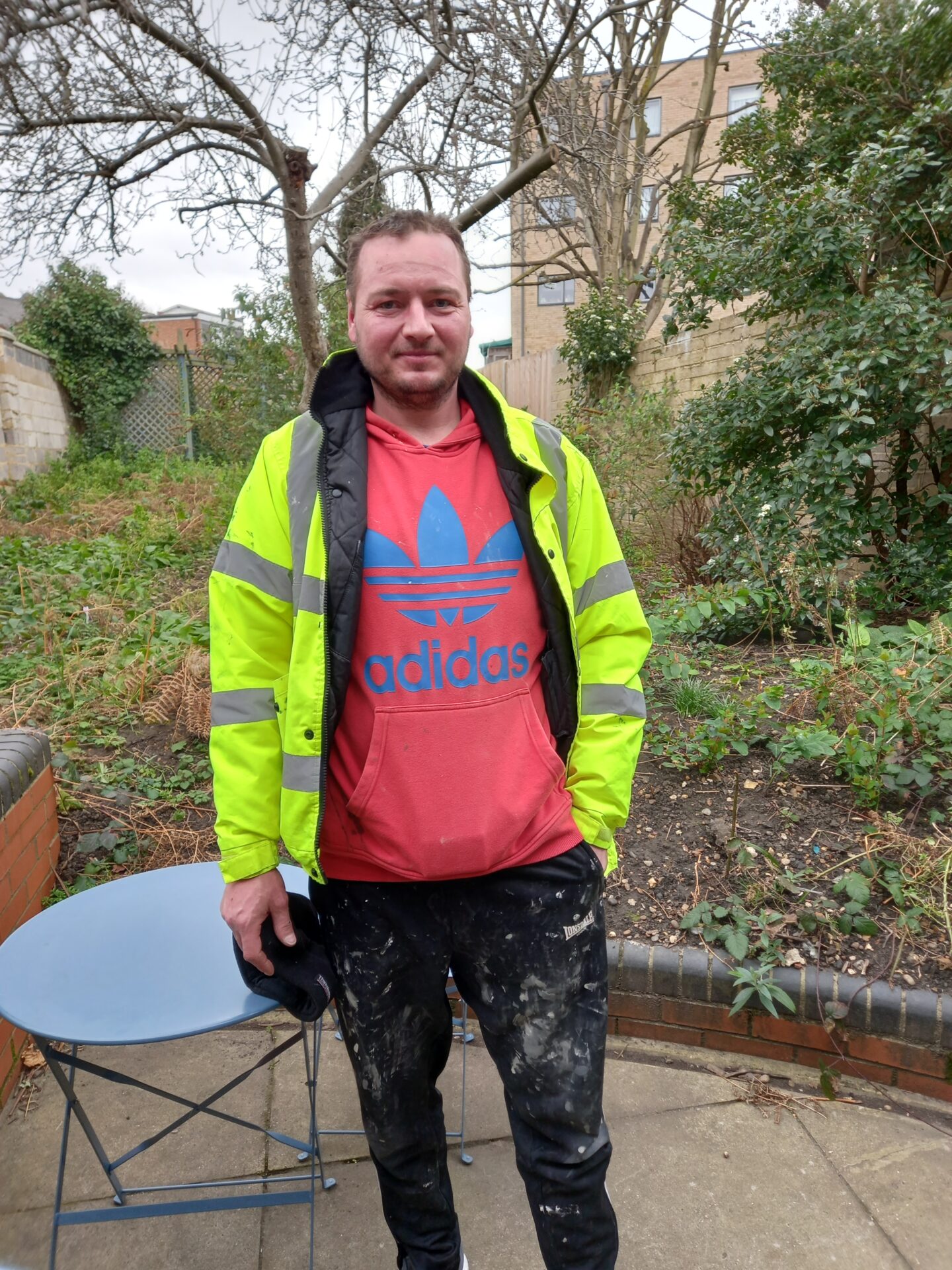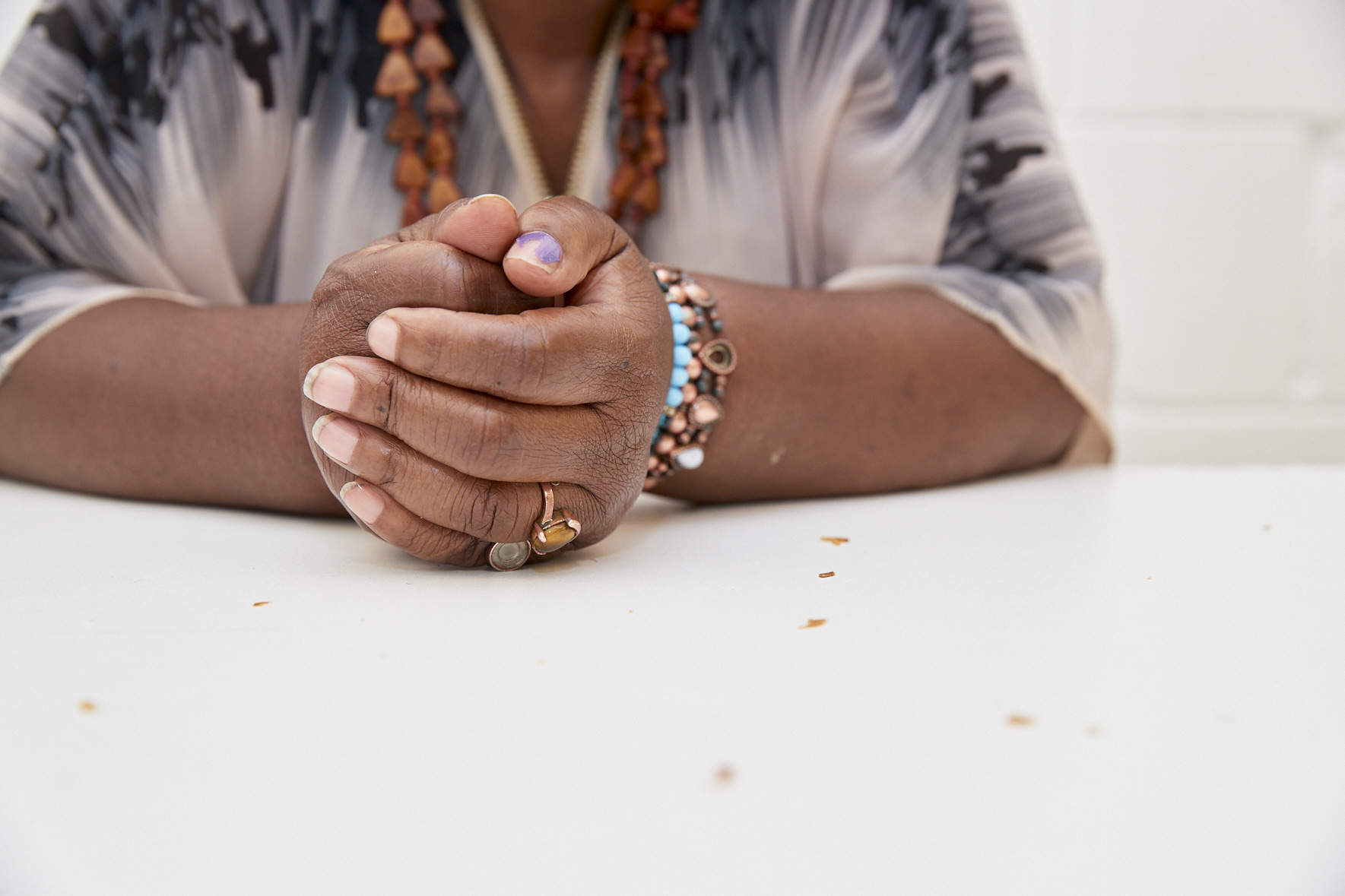Mutiat’s story
Mutiat discusses the support she has received towards getting better, more suitable housing, now that she is retired
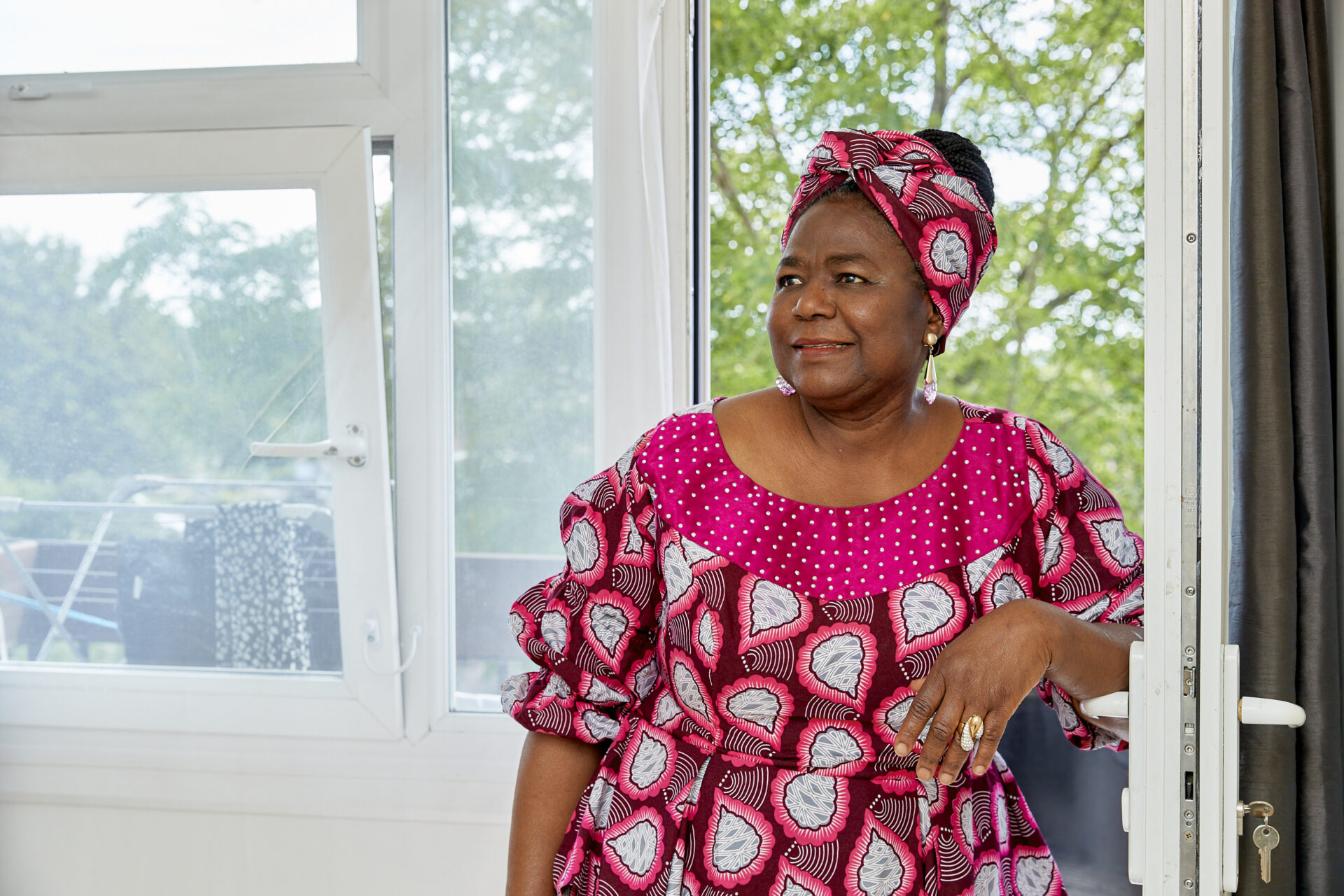
Mutiat has been receiving housing support, including advocacy for better, more suitable accommodation. Through an introduction to our team in Lewisham, and subsequent conversations, her key worker has been able to identify other areas of support she might need, including physical health support and digital skills classes.
“I met the team at Lewisham IHASS after I was referred from the council. I needed help with filling out forms for my housing.
“I really appreciate them; when I first needed their help, I needed an interpreter because my first language is Yoruba. My key worker could also speak Yoruba, so the process became much easier. When I was able to fill out the forms I needed for my housing, I was then offered support for a few other things. This came out of a conversation I had with my key worker, who was so nice.
“Through our conversations, I learned about the other kinds of support I could get help with.”
By having a good working relationship with her key worker, Mutiat realised that there were other things she could get support for; she didn’t need to struggle alone.
“I started a digital skills class a few weeks ago. It’s going well, and I’m learning how to do things on my phone that will make it easier to stay in touch with different people. I found out about the class when my key worker mentioned it to me, saying that there would be free classes in Deptford for people wanting to be more confident using phones and computers.”
Now she is gaining digital skills, what does the future look like for Mutiat?
“I am retired now, but the thing I like to do most is going out and meeting people. I have problems with my knee, but I am going towards being able to contact people and go out and see them.
“The team have been fantastic; they have really helped me with my housing. I’m very happy about them; they’ve been so nice and welcoming towards me. If anyone I know needs help, I would definitely introduce them to Thames Reach.”

